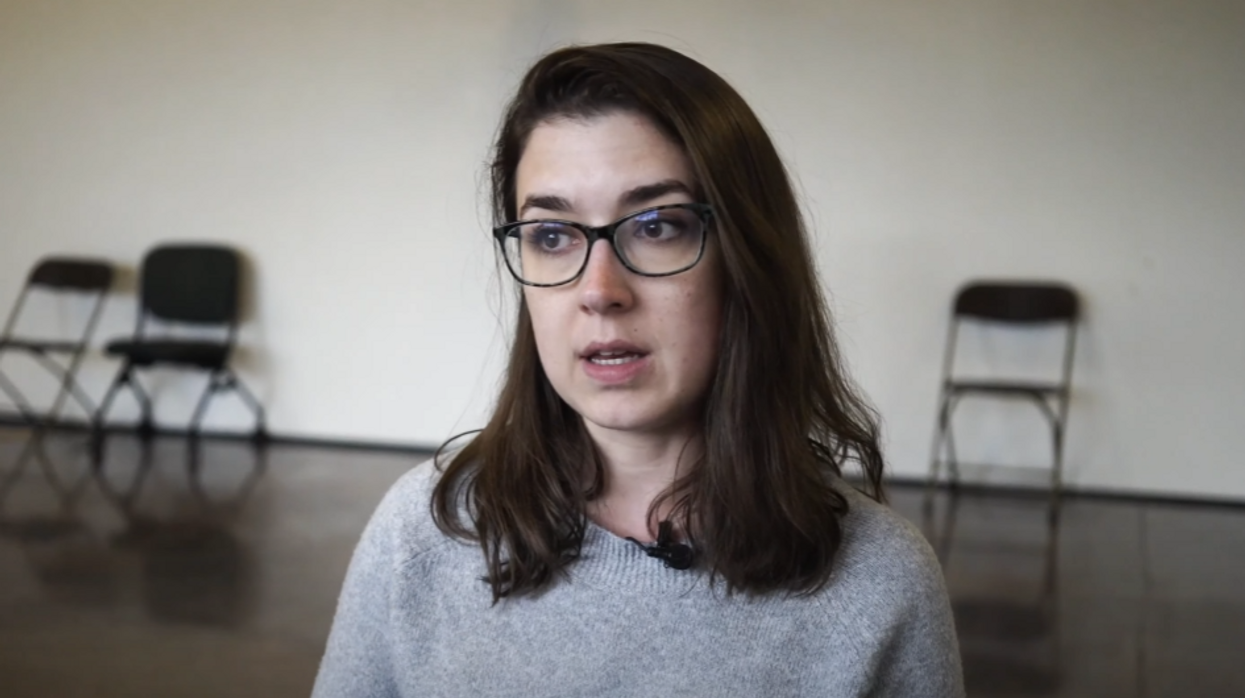
Image courtesy Colorado College / YouTube (screenshot)

A professor at Colorado College described the field of astrophysics as one "steeped in systemic racism and white supremacy" in a recent interview with the school's website.
Natalie Gosnell, a professor of physics at Colorado College, told her interviewer that the idea of black-and-white thinking, without grey areas, which she says is prevalent in her field, is a tenet of white supremacy.
“As an astrophysicist, I'm a product of institutions that are steeped in systemic racism and white supremacy,” Gosnell says.
“The tenets of white supremacy that show up [in physics] of individualism and exceptionalism and perfectionism … it’s either-or thinking, and there's no subtlety, there's no gray area," she continued.
The professor is promoting an art piece of hers called "The Gift," which is meant to be a combination of art and science and an attempt to break away from scientific metaphors that she calls "violent and hyper-masculine."
Hyper-masculinity is also described as the driving factor that is dictating Gosnell's career in astrophysics.
“I think because science and art have been so separated, and there's ... systemic issues within science, the metaphors that are often chosen [to discuss science] are very violent and hyper-masculine,” the artist said.
Gosnell says that when she appeared on popular science show "How the Universe Works" in 2010, she presented herself as a masculine stereotype, which says she regrets.
On the Discovery Channel show, Gosnell spoke about her research on the mass-transfer phenomenon, which says is typically presented by contemporary journalists in a hyper-masculine way, due in part to the nicknames given to mass-receiving stars such as “vampire star” or “cannibal star.”
"I totally played into [the hyper-masculine stereotypes], because, ooh, snazzy. I get to be on the Discovery Channel,” Gosnell says of the appearance, noting that she felt that the "price" of presenting herself dishonestly "was too high."
“It felt like I was masquerading, essentially, as what an astrophysicist was supposed to be like,” she adds.
In 2019, Gosnell helped develop an "immersive, participatory experience" about the same topic of mass-transfer that was meant to get participants to "consider connections, communities, and their place within the universe."
At the time, Gosnell said that the project made her "feel honest in [her] work and [her] engagement" and that the school helped support such endeavors.
Like Blaze News? Bypass the censors, sign up for our newsletters, and get stories like this direct to your inbox. Sign up here!
Andrew Chapados